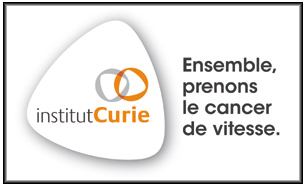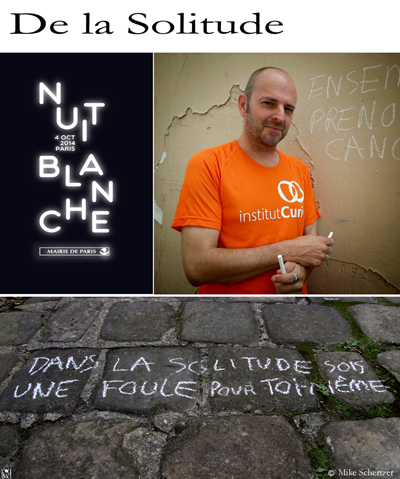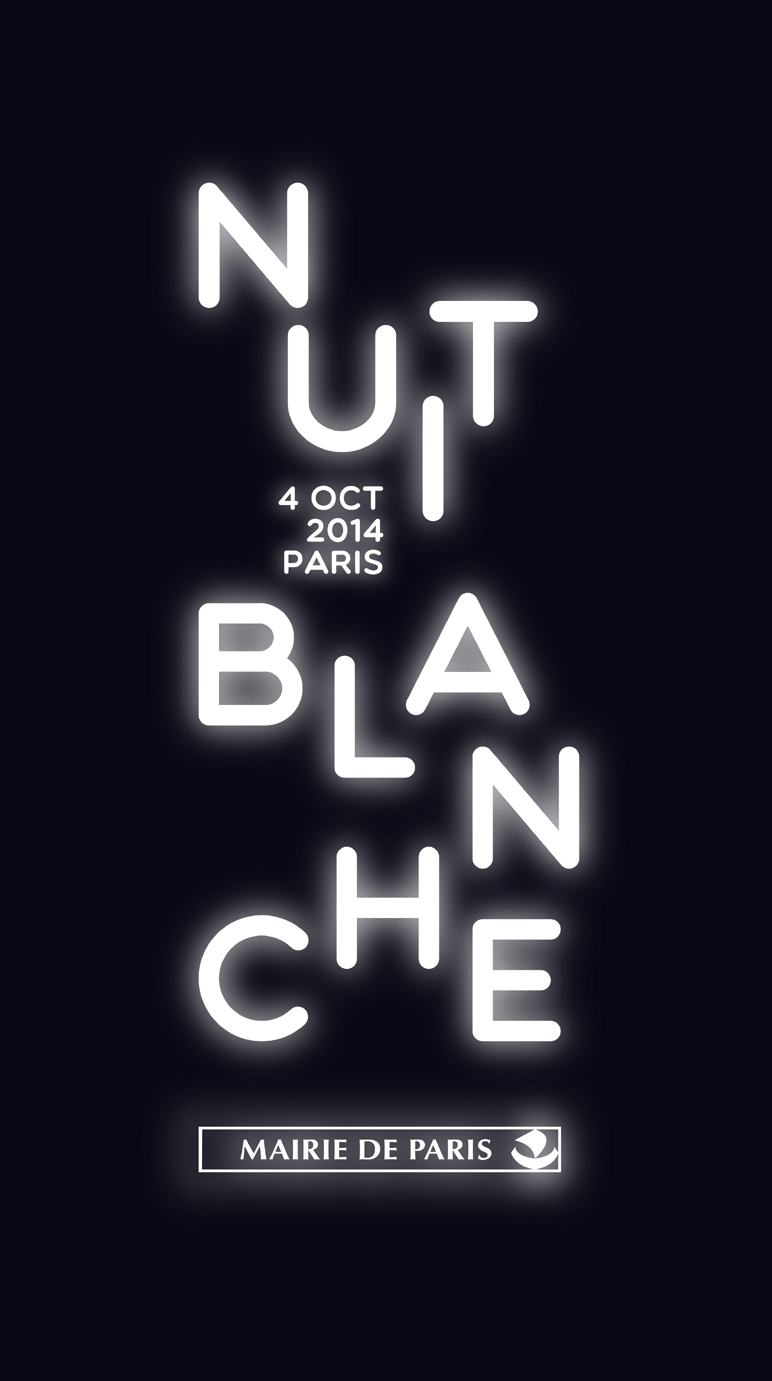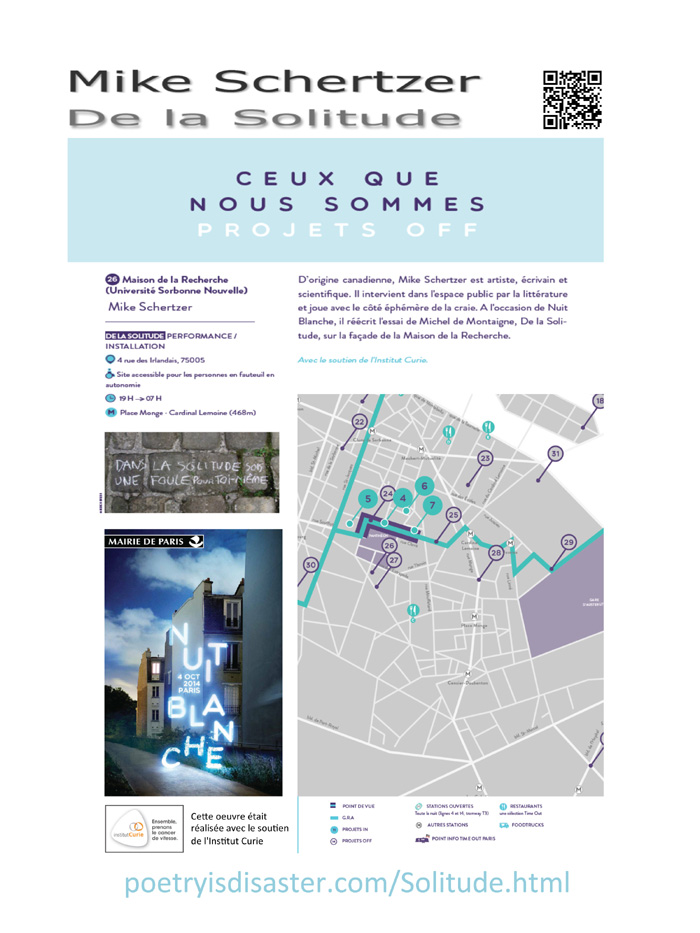"The
soul that lodges philosophy, ought to be of such a constitution of
health, as to render the body in like manner healthful too".
Philosophy, health, solitude… these are subjects
of prime concern for the sixteenth century philosopher and writer,
Michel de Montaigne. Moreover, his treatment of these themes is still
of interest to us today. “My work, and my art, it is to
live” is a sentiment that merits not only our attention,
but our admiration. His thinking and his essays remain contemporary
and accessible. To visit his writing is to be welcomed with an unequalled
generosity.
When Montaigne speaks of sickness and suffering,
he speaks of a subject which concerns him intimately. As did his father,
Montaigne suffered from kidney stones— an extremely painful
ailment that, in the sixteenth century, was fatal. No proven cure
existed for his ailment and there were as many remedies as there were
doctors— a fact which explains the well-known disdain Montaigne
expressed towards doctors.
Nevertheless, it would be wrong to assume that Montaigne
encourages a rejection of medicine. Instead he favours a profound
personal engagement with one’s illness and one’s suffering.
“I carry within me my means of preservation, which are determination
and patience”. Such a stoic response is founded upon Montaigne’s
conception that the soul and the body are indivisible. “It
is not a soul, and it is not a body which is our basis: it is a man”.
The body is not against me, the body is me! When we are sick, as when
we are in perfect health, it is not only the body that speaks to us.
Health
is often conceived as an empty concept, as an absence of illness…
as goodness may be conceived as the absence of evil, or happiness
as the absence of sadness. Such a conception banishes health from
our lives so long as there persists the least trace of illness or
unease. But is this justified… does illness possess the right
to occupy and tyrannize every minute of our lives? For Montaigne health
is not the absence of illness, but has a value in itself, “health,
I say, I the most beautiful and the most rich gift that nature can
offer us”.
Nevertheless, illness is ever-present. It has the
ability to find a way into our lives in unnumerable disguises; we
even suffer anxieties for the illness that we sense but that has not
arrived. “Anyone who is afraid of suffering suffers already
of being afraid”. In other words, we are never beyond the
reach of illness but it is within our power to resist its advances
and limit its authority.
But how does one confront pain and illness ? It
is not a pharmacological question, but a moral question… and
it is precisely the complexities of this question that Montaigne explores,
and shares with us. In his essay On Solitude Montaigne writes,
“You are no more to concern yourself how the world talks
of you, but how you are to talk to yourself. Retire yourself into
yourself, but first prepare yourself there to receive yourself”.
The body in illness speaks to us in a voice we cannot ignore. Nevertheless,
we must find a way to respond, to continue the conversation with ourselves,
in a meaningful and creative way. Pain (like pleasure), illness (like
health), “demands an even more profound engagement with
our singularity” wrote Charles Taylor. Montaigne would
have been in complete agreement. It is a fidelity with oneself which
bears the key to health… and to our irreparably
human life.
Montaigne does not just write for those who are
suffering from illness, but also for those who assume the responsibility
of caring for the ill, for those who dare to cure them. For such people
the thinking of Montaigne offers cautions regarding the limits of
our knowledge, humilty in the face of our science, and courage when
confronted with our ignorance. In fact, whether doctor or patient,
our responsiility to ourselves remains the same : know yourself.
— MS































